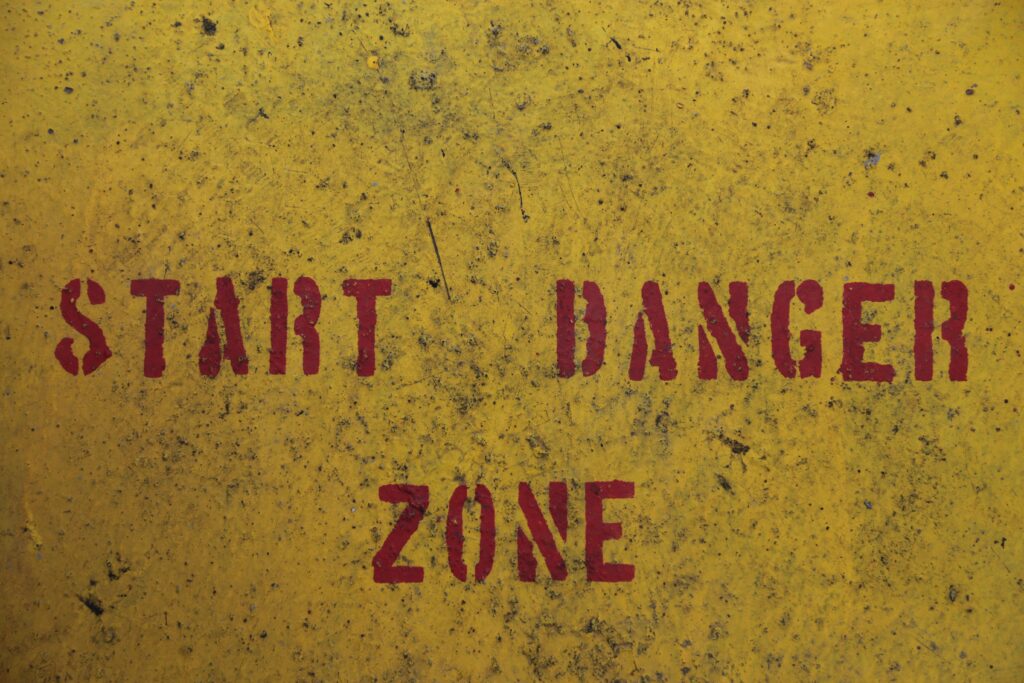Stress vs. Burnout
As with much of the English language, we have a tendency to misuse some common (and more frequently, the less common) words and phrases in our daily speech. Two words that are often misunderstood and confused are the word STRESS and the word BURNOUT.

In Brené Brown’s latest book Atlas of the Heart, she distinguishes between Stress and Overwhelm, “Stress is being in the weeds, overwhelm is being blown”.
The weeds are the mess of life and stuff we deal with. But overwhelm and burnout is a whole different feeling. This image of “being blown” resonates for me as overwhelm can feel as though there is no more oxygen in the room. The resulting impact can include mental slowness and difficulty concentrating. This can lead to confusion and an inability to think logically.
On the flip side of that, the brain can accelerate and try to keep up with the pace of overwhelm and this can lead to a racing mind. But the speed leads to an inner noise that reduces the ability for even basic problem solving, and our emotions become extremely intense.
Then, if the situation is not dealt with and addressed, as a critical pain point, the result leads to burnout. It is, simply put, where the overwhelm overheats the system, and the system blows a fuse.
So, let’s be clear, stress is normal and can be healthy. It can actually be fun sometimes and manifest as excitement. It is a motivation to perform well, to learn new skills, take risks, improve our memory health, build relationships and increase our alertness.
Maintaining a healthy level of stress has a correlation with our internal personal coping mechanisms and our external support network. Burnout is the build-up of stresses – unresolved stress in particular. As previously mentioned, stress in moderation can be healthy and is the impetuous to keep us moving forward in our mortal progression. And you can experience stress without ever getting to burnout levels. But too much stress build up and we reach the critical burnout stage. This can bring you to the point where the proverbial camel starts breaking straws and what follows can be chaotic!

The manifestation of burnout can present as physical as well as emotional and behavioural. Feeling physically tired, exhausted even, drained, loss of motivation, feeling helpless and withdrawn, experiencing headaches or other illnesses, and not being able to eat or sleep properly can all be signs of unhealthy levels of stress and burnout.




